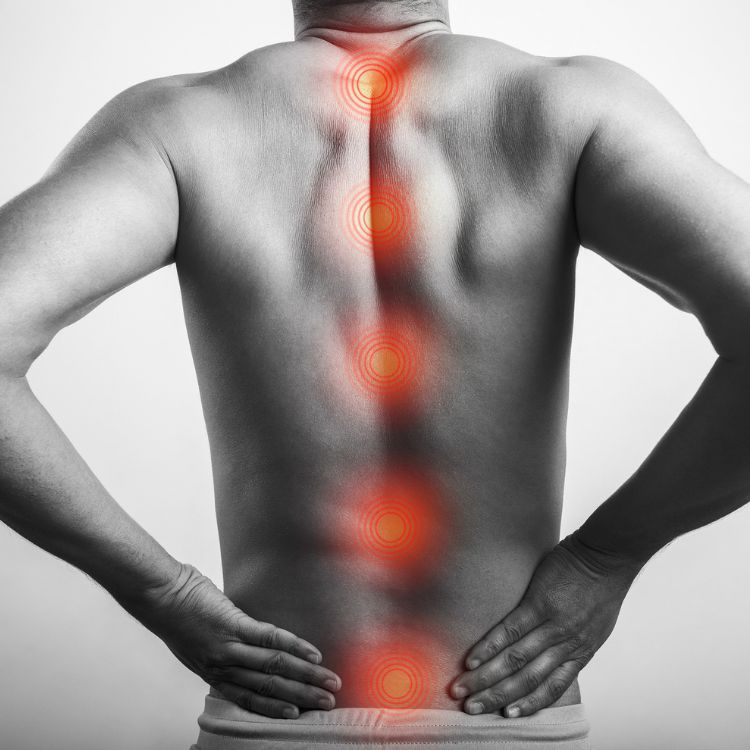Why Do I Have Mid-Back Pain?
As with the rest of your back, multiple bones (vertebrae), connective tissues, nerves, and muscles all intertwine to support your spine. While occasional mid-back pain probably isn’t anything to worry about, if your discomfort is starting to occur daily or is beginning to affect your work, it may be related to:
- Obesity
- Arthritis
- Nerve damage
- Poor posture
- Pinched nerve
- Ligament sprain
- Tendon or muscle strain
- Herniated or slipped disc
You can even suffer from mid-back pain because of vertebrae fractures. These small bone fractures can occur because of trauma, like a car accident. But you can also experience vertebral fractures if you have bone loss due to osteoporosis.
When Should I See a Doctor for Mid-Back Pain?
The pain specialists at Advanced Pain Management understand how debilitating mid-back pain can become. They encourage you to schedule an evaluation if your mid-back pain disrupts your sleep, which can certainly leave you feeling fatigued throughout the day. It’s also important to book an exam if your work or exercise performance is suffering.
Anytime you’re experiencing the following symptoms that worsen or don’t resolve after several days, you should come in to Advanced Pain Management:
- Tingling or numbness in your extremities
- Muscle soreness, stiffness, or spasms
- Burning or electrical pains
- Sharp or stabbing pains
The team provides comprehensive evaluations for all types of mid-back pain. You can even undergo on-site imaging, so your doctor can often diagnose you on the spot.
What Is the Treatment for Mid-Back pain?
Treatments for mid-back pain focus on two things: pain relief and healing. To accomplish this, your provider at Advanced Pain Management may recommend one or more of the following treatments:
- Stem cell therapy
- Epidural injection
- Facet joint injection
- Radiofrequency ablation




